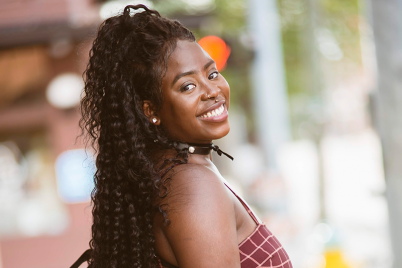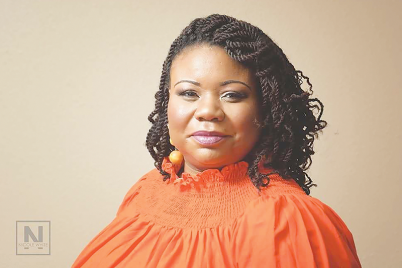Dr. Brittany Peters, LCSW, MCAP, QS
BY DR. BRITTANY PETERS, Contributor
ST. PETERSBURG — Scrolling social media, you’ll notice mixed reactions to the threat of contracting COVID-19. Some individuals are terrified, while others are booking vacations. Some are passing around trending memes highlighting our cultural belief that ginger ale can cure anything, even the novel coronavirus, which by the way are hilarious.
Despite not having been outside the U.S., many people of color and those living in poverty are feeling the impact of COVID-19. Recent data from the Florida Department of Health indicates that as of March 31, 5,704 individuals in Florida have tested positive for COVID-19, including 129 cases in Pinellas County with five deaths.
For many black and brown people living in poverty, limited supplies, school closures, and required quarantines can contribute to depression and anxiety. While closures impact every American during this time of uncertainty, minorities and those living in poverty are affected more; as a result, many factors such as wage inequality.
School closures increase the need for childcare for those who lack paid leave and other benefits to support long periods of time off work. With most childcare facilities having limited availability, this creates high demand and short supply. Childcare facilities are also faced with potential closures to protect employees and children.
Additional childcare needs are also costly for those who are paid minimum wage or who have a one-income household. This potential financial burden creates anxiety for many people, especially minorities and those living below the poverty line.
Required quarantines, while a safe practice to prevent the spread of COVID-19, increase the likelihood that people will develop symptoms of depression. An inability to work while bills accumulate can create a sense of hopelessness, while social isolation can lead to loneliness, sleep loss, and the worsening of preexisting mental health conditions.
Here are some tips for managing your mental health during the COVID-19 pandemic:
- Identify natural supports. It is helpful to reach out to those who may be able to watch your children, pick them up early, or provide some emotional support to you during this time.
- Ensure adequate medical supplies. In case you or a family member you are caring for is quarantined, it is important you have enough medications to last during that time.
- Keep a routine. Routines help you maintain the amount of sleep necessary to manage your mental health during isolation and ensure a smooth return to your daily life afterward.
- Coping skills. Continue engaging in fun or calming activities, such as listening to music, playing games, watching movies, or taking long, hot baths. If you have access to yard space, time outside can be beneficial.
- In case of a mental health emergency. Do not hesitate to contact the crisis hotline in an emergency. In Pinellas, the Personal Enrichment Through Mental Health Service can be reached at (727) 791-3131. Of course, 911 should always be used in case of a general life-threatening emergency.
About Dr. Brittany Peters, LCSW, MCAP, QS
Dr. Brittany Peters is a licensed clinical social worker, carrying a certification in addictions. She is the owner of a private practice, Center for Wellness & Clinical Development. She also works as a consultant in addition to teaching for the University of Florida and Walden University. She volunteers her time though the Urban League Young Professionals, The Well for Life, League of Women Voters, and the Tampa Bay Association of Social workers.








